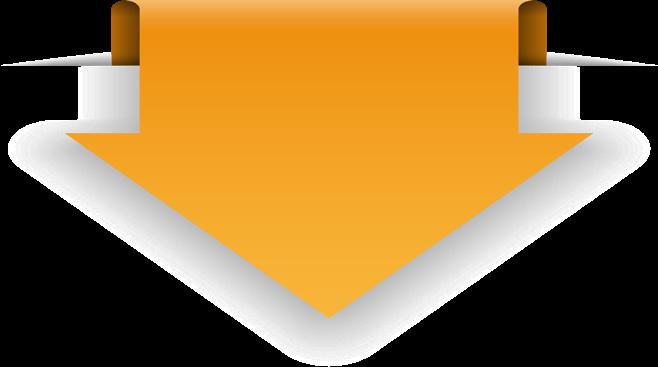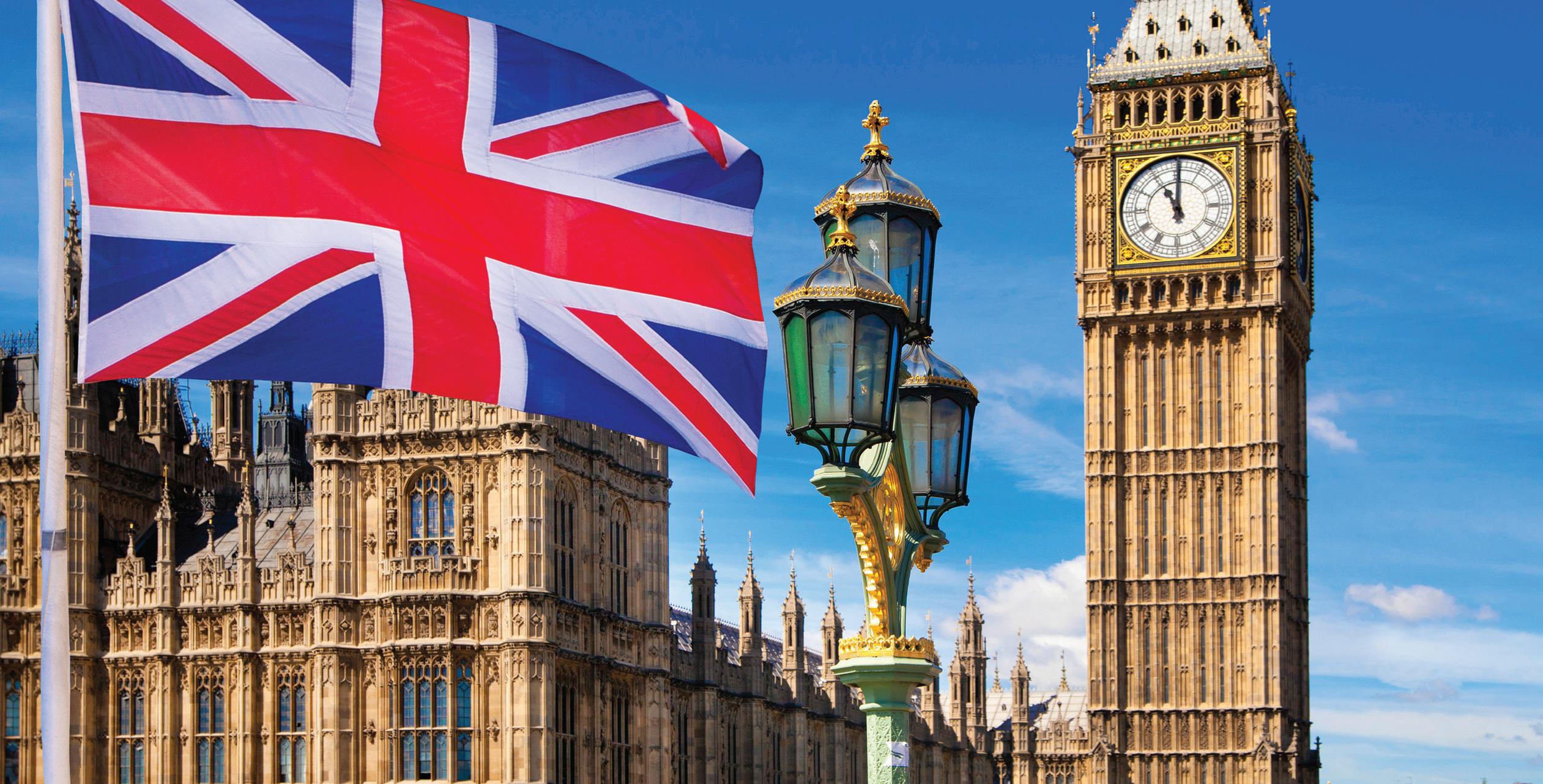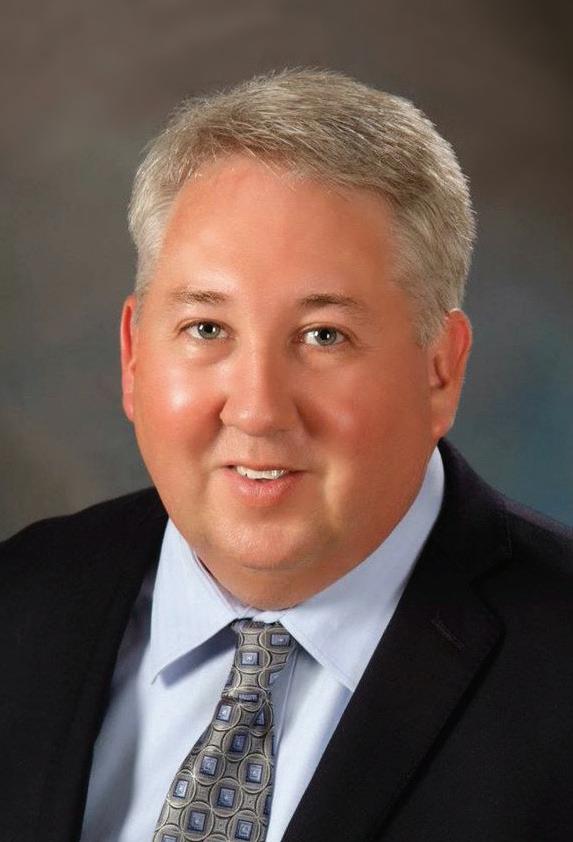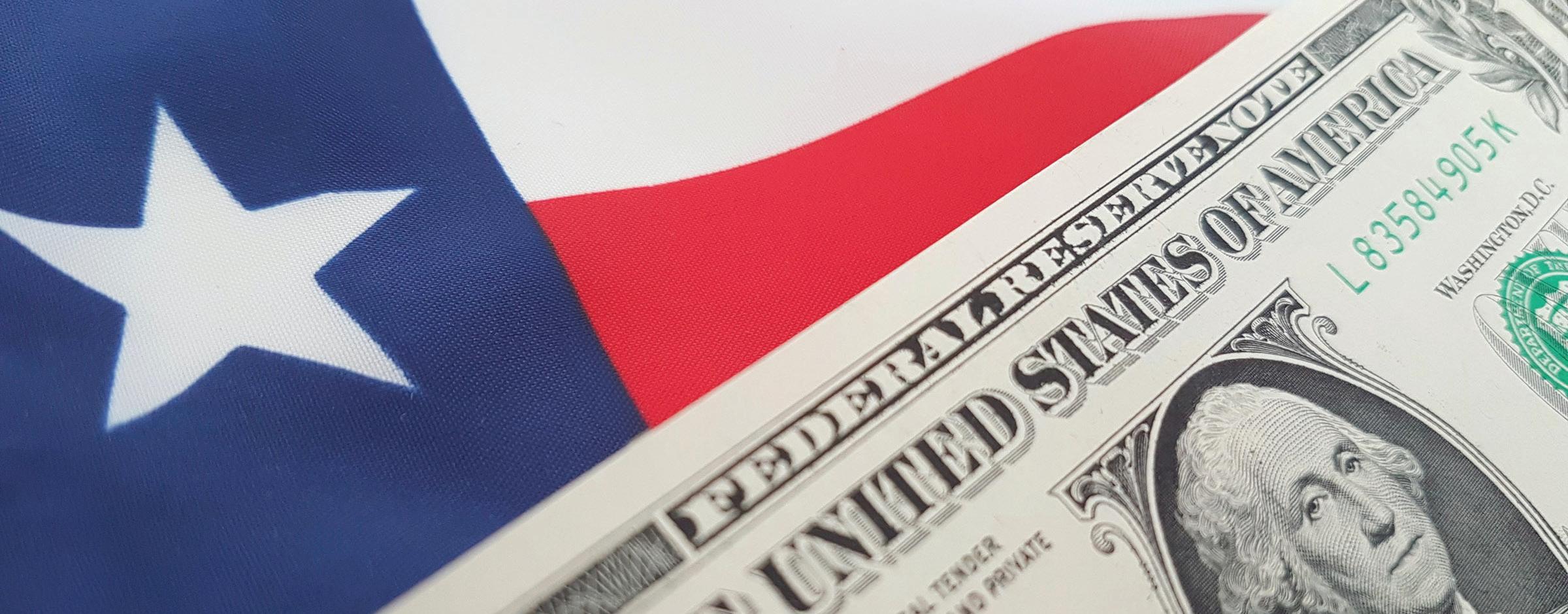FEATURE
ADDITIONAL CERTIFICATIONS FOR CPAS
T
By Paul D. Hutchison, Ph.D., and Binod Guragai, CPA
he purpose of this article is to explore additional certifications available for Certified Public Accountants (CPAs). Accounting is a highly respected profession that requires specialized knowledge and a skillset to follow and interpret standards and laws, as well as adhere to a strict code of professional ethics.
requirements include: a bachelor’s degree from an accredited institution of higher learning, required number of upper level accounting and business courses, successful completion of the multi-part CPA Examination, relevant work experience, and demonstration of high ethical standards.
There are many career opportunities in the accounting profession. As such, accountants are in high demand and are employed in many venues, including public accounting firms, industry, nonprofit organizations and governments. There are approximately 1.28 million accountants in the U.S.1
Once licensed, CPAs must maintain their license by meeting continuing professional education (CPE) standards that are set by state boards of accountancy. Today, there are 658,267 actively licensed CPAs in the U.S. (or roughly the population of Oklahoma City, OK).2 A new CPA in the U.S. has an average starting salary of $66,000, while the average salary for all practicing CPAs is approximately $119,000 per year, excluding bonuses.3
Within the U.S. accounting profession, there is a subset of accountants who elect to become CPAs. A CPA license is issued by a state board of accountancy. Although each state has its own unique requirements to become licensed as a CPA, common
In Texas, to become a licensed CPA, the Texas State Board of Public Accountancy (TSBPA) generally requires an individual to: • Be of good moral character; • Meet education requirements; • Take/pass all parts of the CPA Exam;
32 Texas Society of CPAs
• Meet accounting work experience; and • Understand professional conduct. Current education requirements are 150 semester hours of college credit, which must include at least 30 semester hours of upper-level accounting courses and 24 semester hours of upper-level business courses recognized by TSBPA, and a boardapproved three-semester-hour ethics course. The current work experience requirement is one year of full-time, non-routine accounting work under the direct supervision of a licensed CPA.4 An individual must also pass an exam on the Board’s Rules of Professional Conduct. A licensed CPA in the U.S. is looked upon by the public in a positive light.5 The CPA designation conveys to the public that an individual has been tested and verified to meet certain requirements to practice accounting publicly, and must continually













